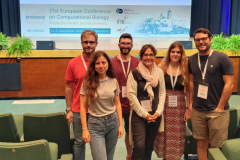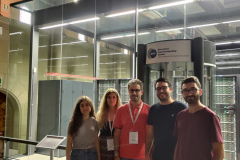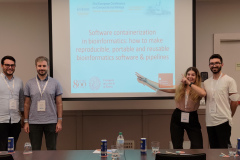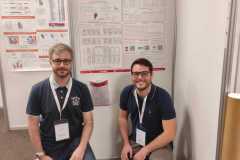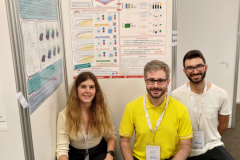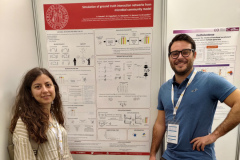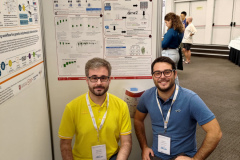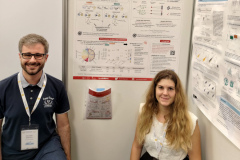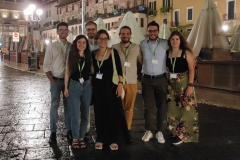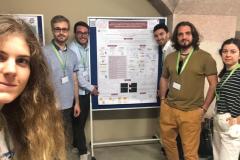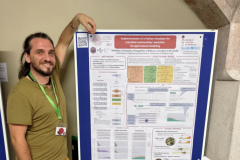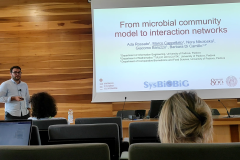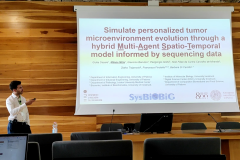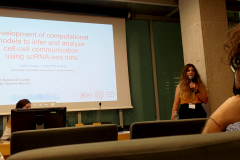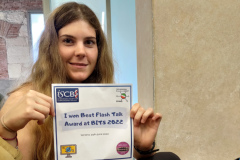The last years have seen an impressive revolution in the theory and application of bioinformatics since new technologies and the abundance of different types of data to be integrated in a personalized medicine perspective are posing various methodological challenges in different fields such as, for example, single cell analysis, individual genome analysis and pan-genomes, Multi-omics data analysis and integration with clinical data.
In this special issue, we invite researchers to submit primary research focusing on translational bioinformatics methods that, starting from population-based molecular profiling, clinical data, epidemiological data, and other types of data make healthcare decisions tailored to groups of patients or individual patients.
📢 SPECIAL ISSUE on Journal of Biomedical Informatics
🗓️SUBMISSION DEADLINE: January 31, 2023
ℹ️MORE INFO: https://doi.org/10.1016/j.jbi.2022.104170
➡️GUEST EDITORS: Prof. Barbara Di Camillo (SysBioBig, Unipd) and Prof. Rosalba Giugno (InfOmics, Univr)


